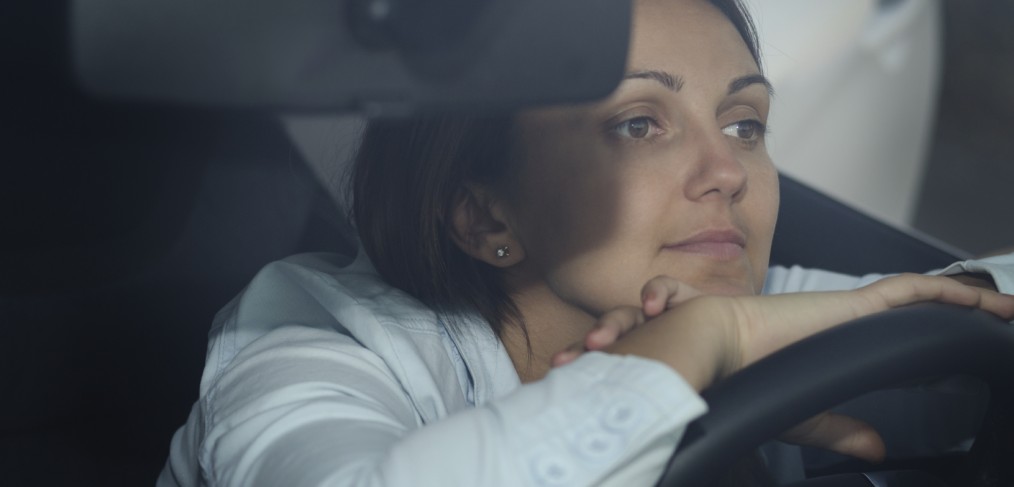
Participate
“Do stuff. Be clenched, curious. Not waiting for inspiration’s shove or society’s kiss on your forehead. Pay attention. It’s all about paying attention. Attention is vitality. It connects you with others. It makes you eager. Stay eager.”
~Susan Sontag
How much of our lives is spent waiting for something to end?
The car ride while commuting to work, a boring meeting, waiting for a doctor or a flight—how many things fall into the category of waiting for time to go by?
At other times in our lives, we feel like we don’t have enough time; we have to prioritize and squeeze things in. Sometimes, we feel like we never have a moment to ourselves to decompress and regroup.
This dichotomy in our perception of the passing of time is not necessary. To address it, we have to pay attention to our wandering brains and direct them where to go.
While sitting in traffic may not be ideal for quiet reflection, it can turn a drive that is normally spent jockeying for position and getting irritated at other drivers into a contemplative break during which we have a chance to plan our day, consider alternatives to problems, or just reflect. We might not get to where we’re going quite as fast, but we will get there in a more relaxed state, better prepared to face the day.
Our time that is traditionally thought of as waiting time could be transformed into productive or contemplative time. This requires training our brains to do what we want them to do and not allowing them be arbitrary or reactive.
This is not to say that daydreaming is wasted time, but we should be active participants, not bystanders. We should be open to any turn our thoughts may take but should pay attention to where they go and why they go there. We should also not let our thoughts wander to unhelpful places like worry, irritation, or boredom.
Instead of waiting for time to pass, we can also engage in active observation. There is always something to look at, listen to, and notice, including nature, the weather, and people.
Watching people can be a constant source of entertainment. For example, next time you’re “waiting,” take a look at the people near you (try to avoid leering or staring) and see how much you can tell about them by what they are wearing, carrying, or saying, or by their moods. Create stories about them and (short of stalking) see if you can find out how accurate you are. It can be an interesting diversion, and it has the added benefit of training you to be observant.
The weather is also something that we can develop a more intimate relationship with. If we pay attention, we might notice a change in the direction of the wind or a small change in temperature that could foretell a coming rain shower. The weather is one of our most immediate and direct connections to the world around us.
Even if we are alone in a nondescript setting (like every hotel room in existence), there is always potential for “inward exploration.” Meditate. Consider the universe and our place in it. Those kinds of thoughts should keep us occupied for a lifetime (or at least until the next meeting).
Waiting time should never be spent waiting.




When discussing waiting in waiting rooms, my Mom always had note paper with her and used that time to write notes to family and friends. So, i guess that relates more to using time wisely than becoming more observant.
We taught our kids, I think, to be observant – often they would report seeing a hawk – and they often knew what kind 🙂 or a fox running in a farm field on their bus ride home. They didn’t think anyone else had seen the wildlife.
I think being observant, aware of what is around you, is a very important human skill. It adds so much to life. So many people now walk around and drive around with their heads down looking at their phones – very sad.
Indeed. Thanks Liz—great thoughts!